Goats
All Goats Content
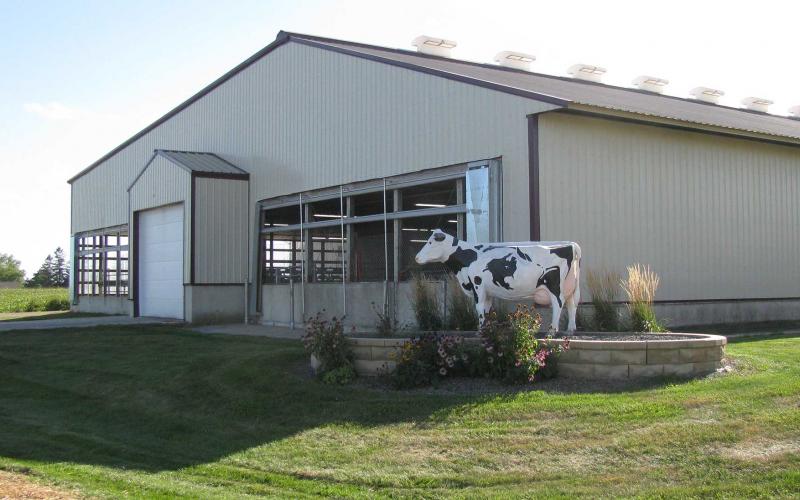
Being Vigilant of Livestock Property Security and Surveillance
Livestock producers have many daily responsibilities when it comes to caring for and protecting their animals. One responsibility is to remain vigilant regarding individuals that oppose the use of animals for food or other purposes.

Livestock Loss Assistance Available
Has your operation experienced a sudden catastrophic loss of livestock due to weather? Financial assistance may be available through the USDA Livestock Indemnity Program.
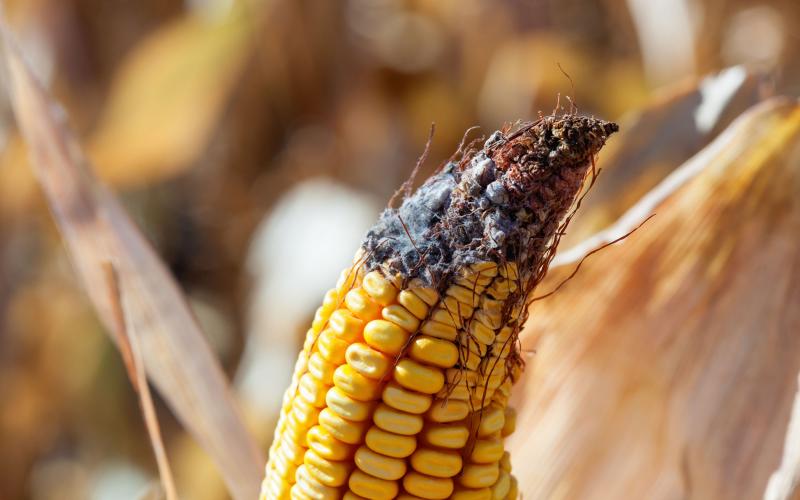
Can Livestock Utilize Moldy Grain?
While livestock producers know that moldy grain and forage are not ideal feedstuffs, they also know that stored feed occasionally contains a small amount of visible mold, and that their animals consume it with no obvious adverse effects. The question arises, how much mold is too much for a feed to be unsuitable for animals?
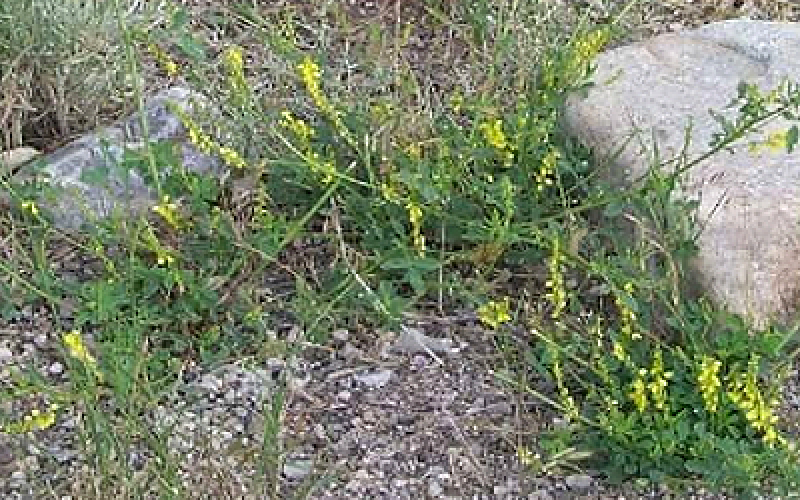
Sweet Clover Poisoning
Hay that contains sweet clover can be an excellent feed as long as the dicoumarol level is known and feeding management is used to prevent poisoning.
Cell-Based Meat Products: Background and Current Status
There is ongoing development of cell-based or lab-grown meat products by numerous companies around the world.
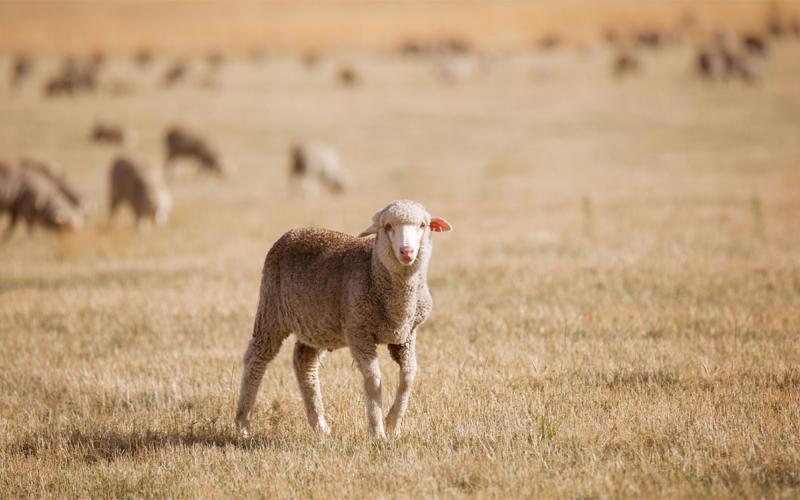
SDSU Extension, Nebraska Extension and K-State Research and Extension To Host Diversifying With Small Ruminants Workshops
May 16, 2022
SDSU Extension, in collaboration with Nebraska Extension and K-State Research and Extension, will host a series of Diversifying with Small Ruminants workshops June 7-9.
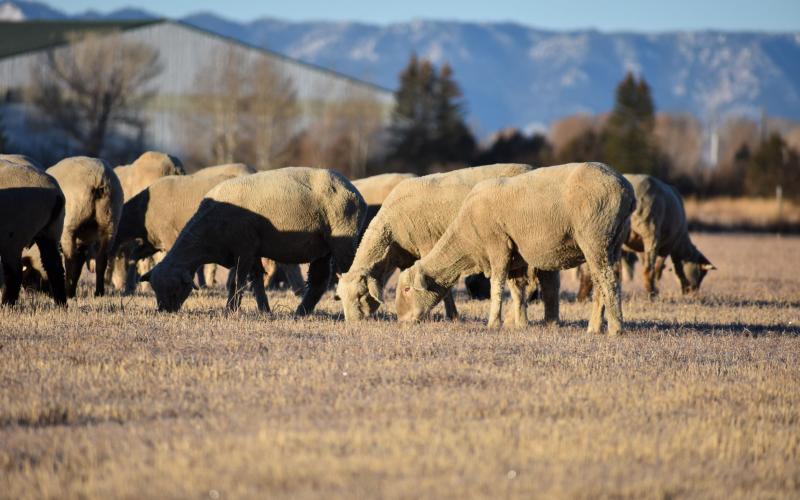
SDSU Small Ruminant Team to Share Sheep, Goat Survey Results
December 02, 2021
The Sheep and Goat Needs Assessment Summary webinar will be held Friday, Dec. 17 at noon CST and will include information challenges to raising and marketing animals or animal products, and current industry demographics.
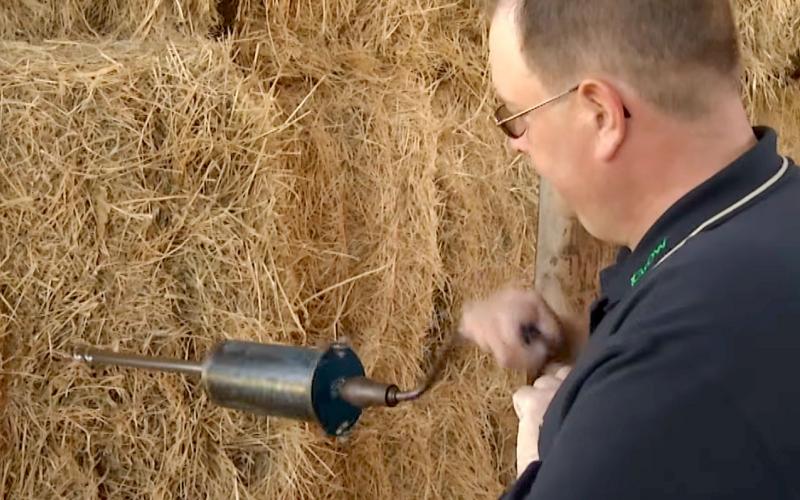
Forage Sampling Procedures
Proper sampling of forage is essential if we want to obtain an accurate indication of the nutrient composition, dry matter content, or value of any feedstuff.
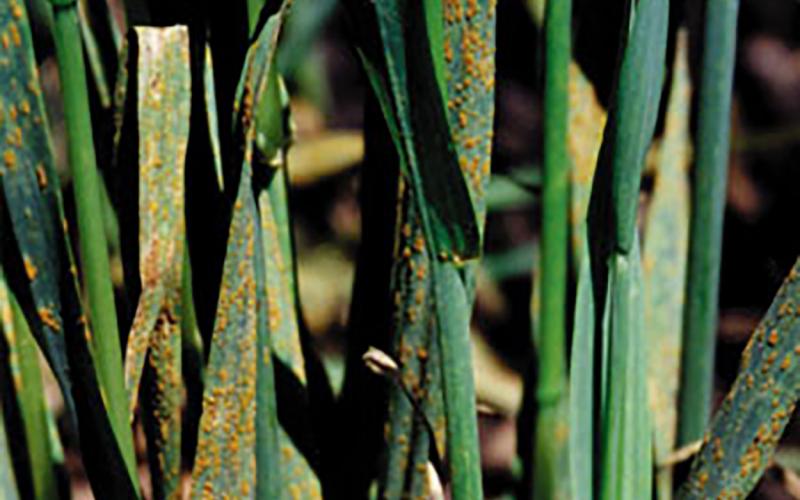
Does Crown Rust in Oats Cause Problems for Livestock?
When wet, cool conditions predominate in the spring, crop producers may have to deal with crown rust in oats. When this crop disease is abundant, questions from livestock producers arise. Could crown rust in oats harm livestock if it’s present on pasture or in hay?
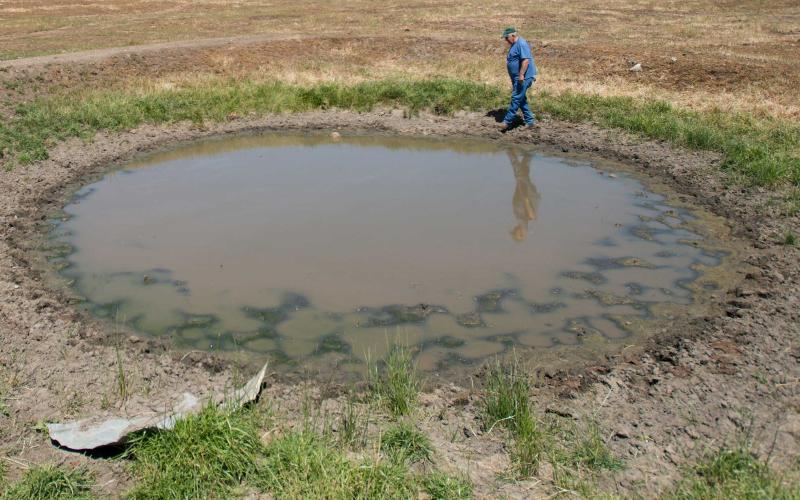
How Do Sulfates in Water Affect Livestock Health?
Poor-quality water will cause an animal to drink less. As a result, they also consume less forage and feed, which leads to weight loss, decreased milk production and lower fertility.